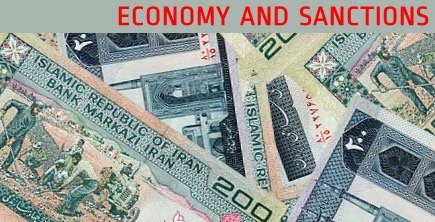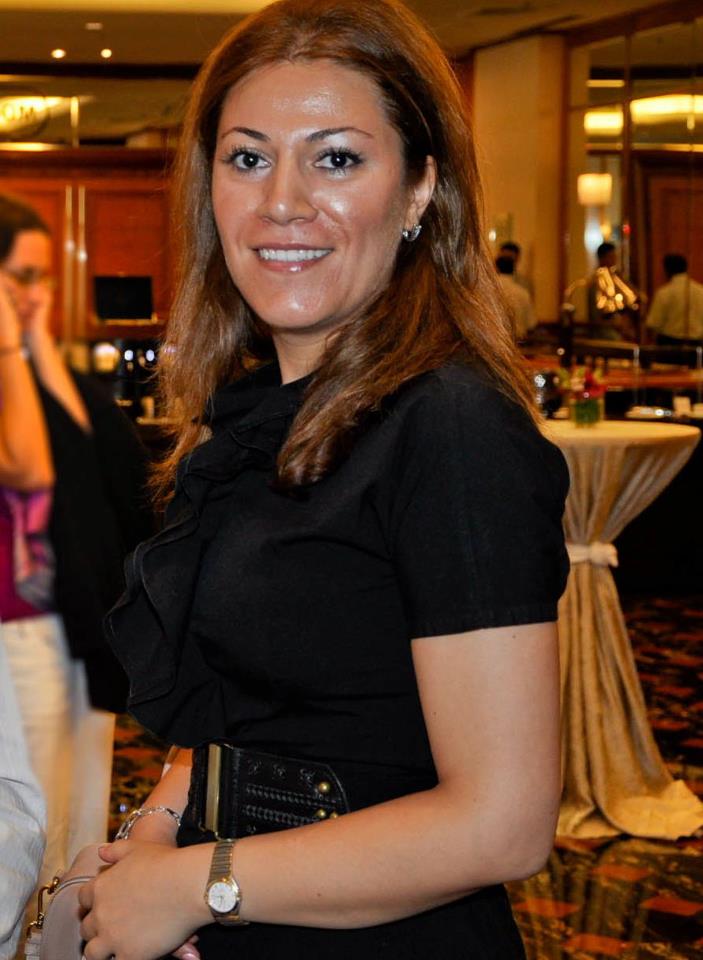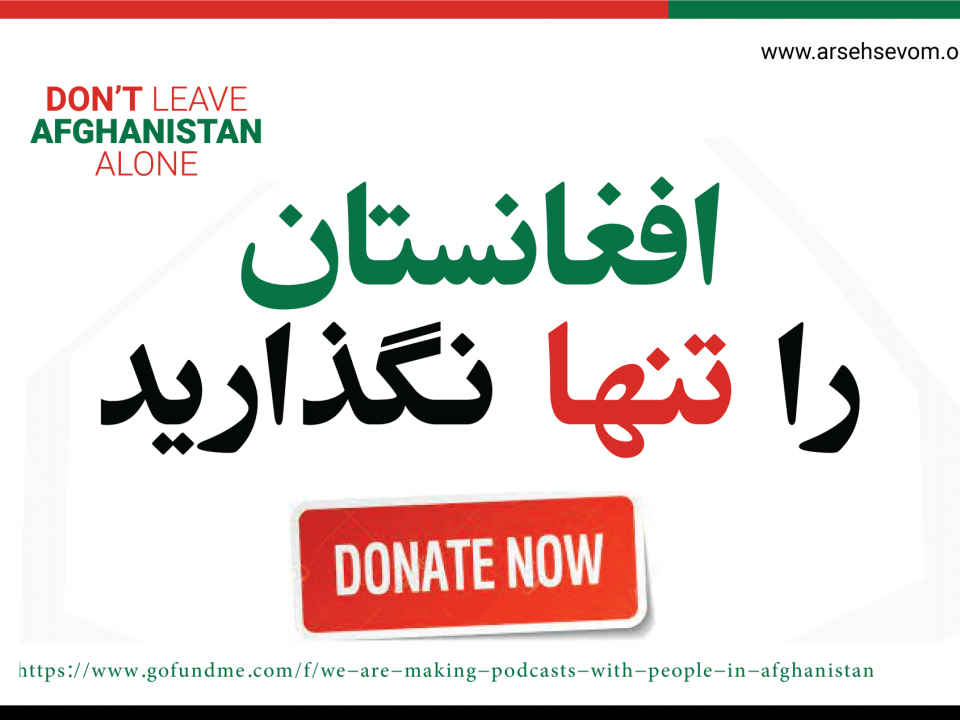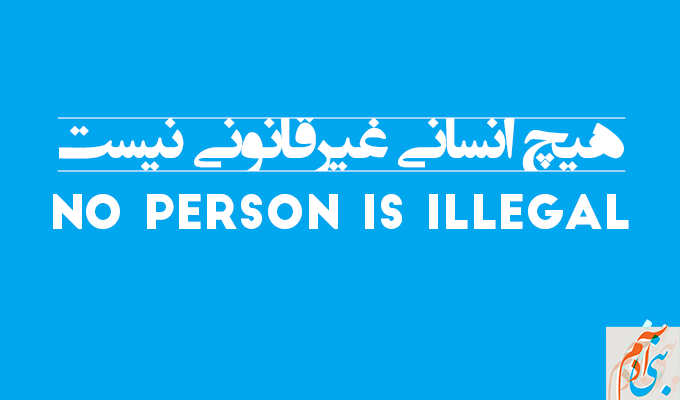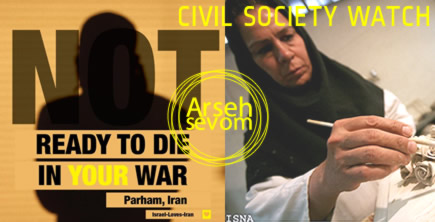
Iran Civil Society Review–Women Banned from Studying, yet Leading Households
August 21, 2012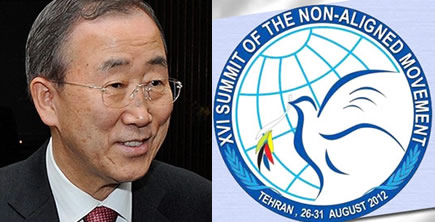
Open Letter to Ban Ki Moon to meet with Mir Hussein Mousavi upon his visit to Iran
August 27, 2012Interview with Dr. Sara Bazoobandi, Economic Analyst
by Reza Haji Hosseini
Arseh Sevom – The shadow of sanctions is over Iran. Economic sanctions with the objective of putting pressure on the government are hitting ordinary people hard. Prices are rising moment by moment. The value of the currency is dropping, the price of gold is fluctuating, and the price of chicken is now out of reach of many families. As a result of the day-to-day pressures, there has been no serious attention to the effect of the economic situation on civil society.
Reza Haji Hosseini of Arseh Sevom asked Dr. Sara Bazoobandi, a research fellow at the Middle East Institute of the National University of Singapore, to discuss the situation. Dr. Bazoobandi is the author of the book Political Economy of the Gulf Sovereign Wealth Funds: A Case Study of Iran, Kuwait, Saudi Arabia and the UAE. She presents a nuanced case for the current economic pressure in Iran, with sanctions playing a role.
RH: How are sanctions affecting Iranian social security? For instance have they had any impact on the crime rates or child labor or healthcare sector in Iran?
SB: The current economic hardships are due to a combination factors including sanctions, lack of confidence in the Iranian market, global food price inflations, and the government’s recent fiscal policies (i.e. targeted food and energy subsidies). Inflation, unemployment, and the overall disturbed economic conditions in the Iranian context have indeed contributed to the rise in the crime rate, corruption, and indeed the poor performance of the healthcare sector. The import of medical equipment and medicine has been interrupted, which boosted the cost of medical treatments in Iran and lowered the quality of the services at the same time. Smuggled medicine has made a comeback to the healthcare market in Iran; something which had been fairly limited since the end of Iran-Iraq war.
RH: Have the economic sanctions had any effect on Iranian civil society? If yes, how?
SB: Civil society activities require human and financial resources. Both human capital and financial resources in Iran are affected by the recently tightened sanctions in a rather negative way. The economic isolation which Iran is going through, as a result of the sanctions, shrinks the country’s financial resources, hence, the resources which would have been available to civil society across the board will be limited. In terms of human capital available to civil society, the effects of the sanctions are more or less the same. Lack of financial capacity will minimize the human resources available to civil society in Iran too. Those who have been willing to cooperate with various organizations in Iranian civil society will be less capable to take an active part in such activities due to lack of resources, not to mention those walking away from such movements due to the difficult environment surrounding their day to day activities in the light of sanctions.
RH: You mentioned the effect of the sanctions on human and financial resources; do you think they will add to some of the existing problems in the country like the brain drain and flight of capital?
SB: Indeed the tightened sanctions will contribute to worsening the long lasting phenomena of the brain drain in Iran. As we witnessed over the past few years a new wave of migration has started from Iran to countries in Asia with friendly immigration legislations towards Iranian citizens. In addition, the rate of irregular migration has increased as a result of the political crisis in Iran. Capital outflow has also followed the same trend. Due to the uncertainties in the Iranian market and the crash of the Iranian currency, many investors are looking for a safe haven to transfer their assets. Despite the tight regulations for the movement of capital to and from Iran, many investors have shifted their assets to the neighboring countries, mainly Turkey, as well as some of the countries in Southeast Asia particularly Malaysia. Dubai has also been one of the key destinations for Iranian capital. Nevertheless, the flow of Iranian assets to the Emirate has slowed down due to tightened regulations by the UAE government in compliance with the US-led sanctions. The property market in Dubai has received tremendous amount of Iranian capital. But this trend has slowed down over the past three quarters.
RH: The sanctions have only been tightened to the current degree since December 2011; do you think all of the economic hardships of Iran are the outcome of sanctions?
SB: I mentioned the lack of confidence in the Iranian economy which is a major factor contributing to the current economic climate. The economic growth slowed down in Iran as a result of a decline in oil exports caused by the sanctions. Moreover, the lack of confidence in the domestic markets pushed Iranians to invest in non-rial assets, mainly in foreign currencies and gold, which contributed to inflation in foreign exchange and gold markets. Such inflation combined with the government’s fiscal policies has further pushed the prices in Iran up, particularly in the food and property markets. Therefore, some of the current issues in the Iranian economy are not directly caused by the oil embargo or the sanctions on the financial sector. Instead they are by-products of the lack of confidence in the domestic economy due to the international sanctions.
RH: Does civil society have the capacity to contribute to economic development?
SB: Indeed civil society has an enormous capacity to contribute to social and economic development. There are various social and economic challenges which civil society movements can target. For instance, issues like poverty reduction, women’s empowerment, children protection, and education are amongst those areas in which there is enough room for civil society to engage. There are a number of successful experiences, particularly in Asian economies, demonstrating that civil society has played an important role in large scale regional women’s financial empowerment and poverty eradication programs.
Dr. Sara Bazoobandi is a research fellow at the Middle East Institute of the National University of Singapore. She is an economic analyst with particular research interest in energy and political economics of the Gulf’s oil rich countries. She has done extensive research on various aspects of the Gulf sovereign wealth funds, and has recently published the book Political Economy of the Gulf Sovereign Wealth Funds: A Case Study of Iran, Kuwait, Saudi Arabia and the UAE. She holds an MSc in Economics from University of Reading and a PhD in Middle Eastern Studies from the Institute for Arab and Islamic Studies of Exeter University.


